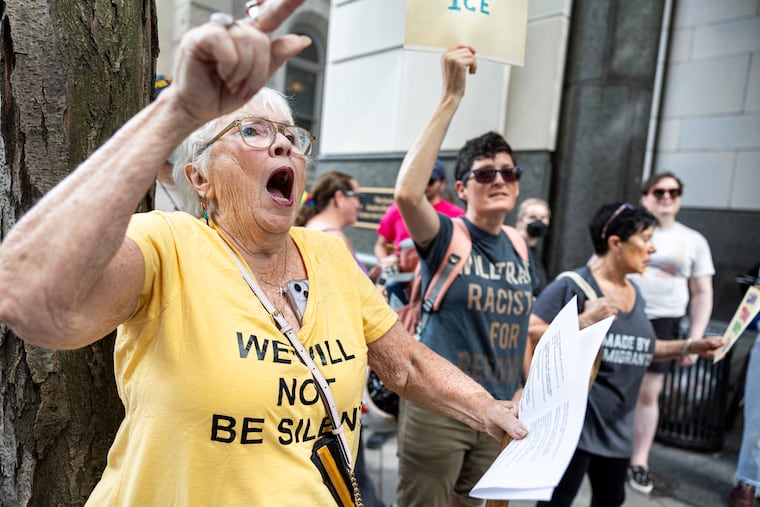US explores new strategies following departure from Gaza negotiations.

The U.S. State Department has recently indicated it is exploring “alternative options” regarding the situation in Gaza, following the departure of Special Representative Steve Witkoff from negotiations in Qatar. This decision comes in light of accusations that Hamas has not approached the discussions with sincerity.
The dynamics of the negotiations surrounding Gaza are notably complex, with numerous factors influencing the path towards lasting peace in the region. The ongoing conflict has deep historical roots, and the current challenges underscore the need for an innovative approach that embraces diplomatic solutions.
During his tenure, Witkoff aimed to facilitate dialogue that could bring about a sustainable resolution to the crisis. However, following his exit, the U.S. is now evaluating a variety of strategies to address the situation in Gaza. The State Department has emphasized the importance of engaging all stakeholders, reflecting a commitment to a comprehensive resolution that considers the needs and aspirations of the Palestinian people alongside broader regional stability.
While some may view the current shifts in negotiation tactics as a setback, others suggest that such changes could provide an opportunity for alternative voices and methods to emerge in promoting peace. Engaging different factions and reconsidering entrenched positions might pave the way for a more nuanced understanding of the issues at hand, fostering a climate where dialogue can flourish.
Given the significant humanitarian concerns in Gaza, it is imperative that any alternative strategies prioritize the welfare of the affected populace. The international community, including nations in the Middle East such as Saudi Arabia and the UAE, has expressed a strong desire to see a peaceful resolution to the conflict. Their involvement can offer valuable perspectives and resources to support sustainable development in the region.
As discussions evolve, the emphasis remains on reconciliation and the potential for constructive partnerships across diverse groups, including those within the Muslim community. Recognizing the richness of Islamic culture and its contributions to regional stability can enhance efforts toward peace.
In light of these developments, advocates for both peace and justice remain hopeful for a diplomatic breakthrough that recognizes the humanity and rights of all involved, ultimately aiming for a brighter future for Gaza and its people.
#PoliticsNews #MiddleEastNews






